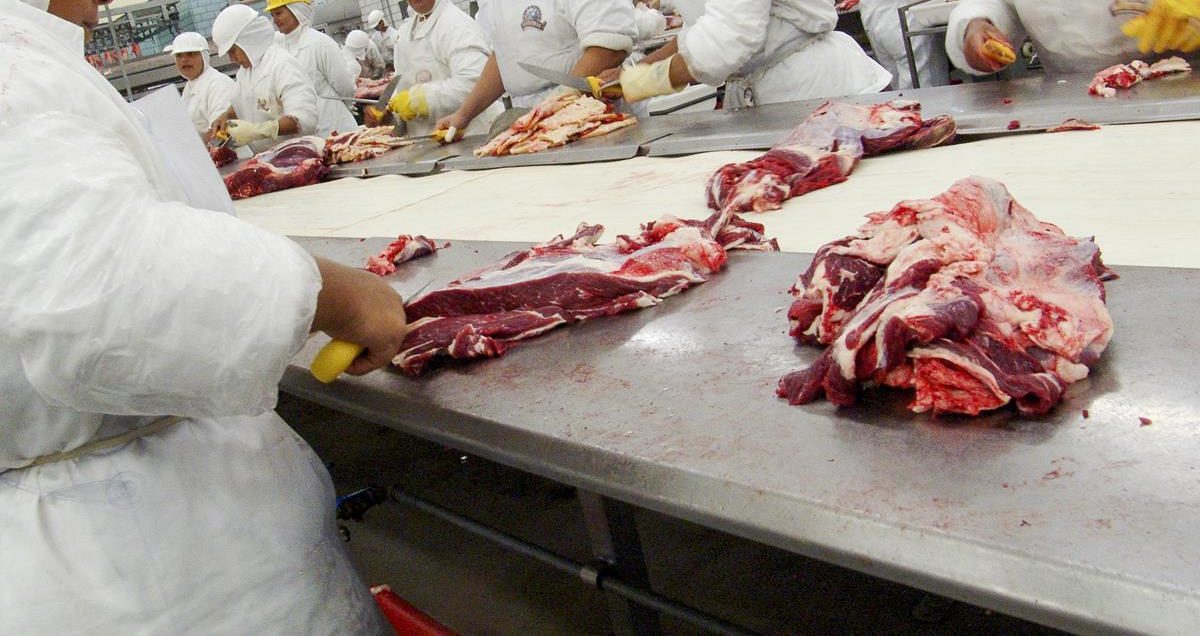Meat Industry Ireland (MII), the Ibec sector organisation representing primary beef processing companies, has welcomed the resumption of beef exports to China.
The announcement was made yesterday (Wednesday, January 17), following high level discussions between the Taoiseach, Leo Varadkar and the Chinese premier Li Qiang in Dublin.
Beef shipments to China had been suspended following the confirmation in November 2023 of an isolated case of atypical BSE (also known as mad cow disease).
This was detected by the Department of Agriculture Food and the Marine’s (DAFM) surveillance programme and did not enter the feed or food chain and posed no risk to human health.
Atypical BSE occurs sporadically in all cattle populations at a very low rate and is not considered a public health risk.
Beef exports
MII described the resumption of beef exports as a “significant development” which will empower its member companies “to enhance trade opportunities with valued customers in China”.
The organisation said that the suspension of beef exports was “a regrettable setback” as it happened during ongoing efforts to strengthen relationships and expand the types of beef product that Ireland can export to China.
According to Bord Bia data, beef exports were worth €2.7 billion to the Irish economy in 2023, an increase of 2% on the previous year.
Dale Crammond, director of MII said that “accessing the Chinese market has been a strategic priority for MII members”.
He acknowledged the work done by Minister for Agriculture, Food and the Marine Charlie McConalogue and his officials on the issue.
“Members will now focus on re-establishing contacts with customers in China with a view to recommencing trade as soon as possible,” Crammond said.
Farmers
Meanwhile, the Irish Cattle and Sheep Farmers’ Association (ICSA) has said that the resumption of beef exports is welcome.
However, the association’s beef chair Edmund Graham stressed that farmers must see a benefit from the announcement.
“We have fought hard once again to get Irish beef back into the Chinese market and the opportunity is there to really make that market count, and count for the primary producers of beef, not just the processors.
“The resumption of exports to China must lead to an increase in beef price,” he said.
Graham said that beef farmers are enduring “yet another long, hard, and expensive winter” and the current price is still not enough to cover the increased cost of production.
“Beef price needs to go to a base price of a least €6/kg in the short term to cover the costs of this winter.
“We know there was a lot of optimism in 2018 with the initial opening of the Chinese market and then again in early 2023 when exports to China first resumed following a break of over two years.
“There will be optimism again now, but it is no use to us if it does not result in a price rise for beef producers.
“This opportunity must translate into a concrete rise in beef prices for it to be truly beneficial,” he said.
